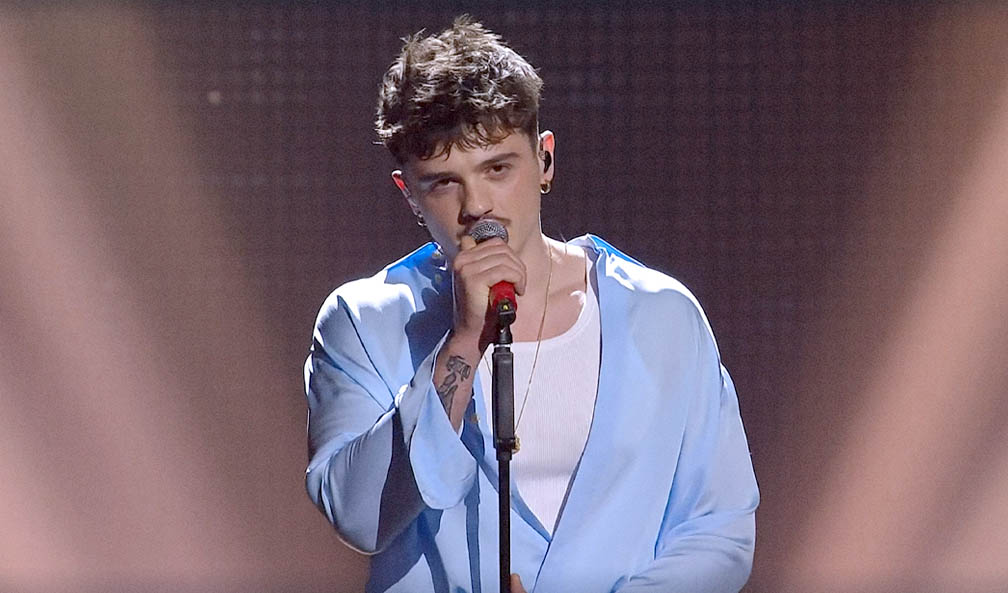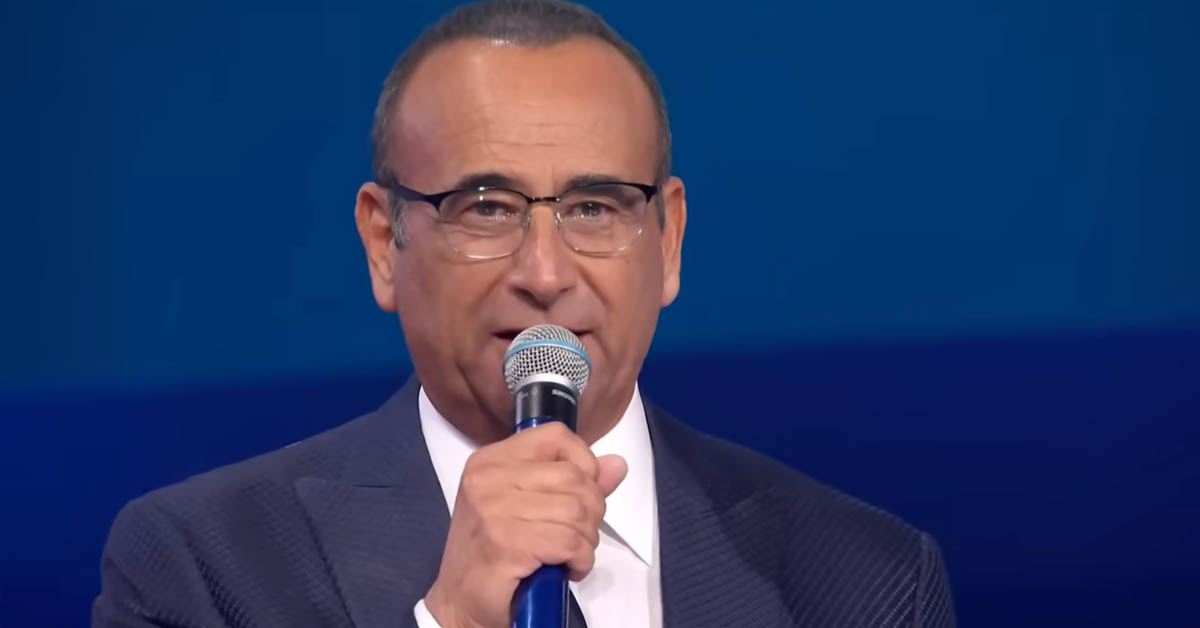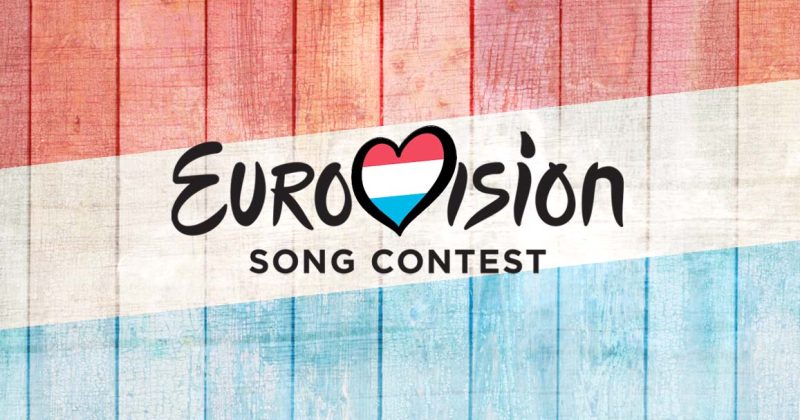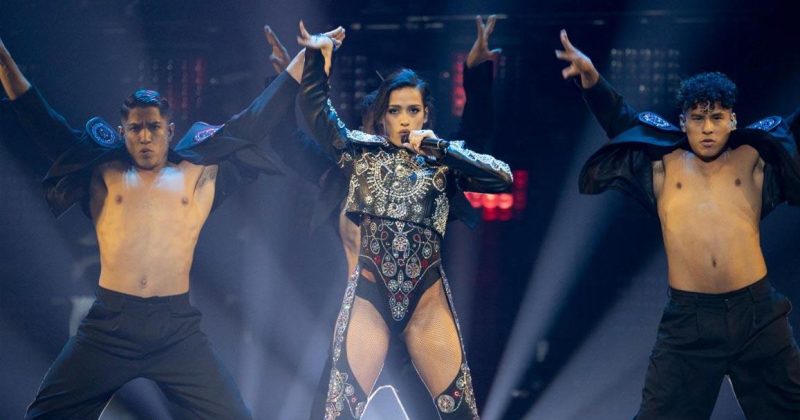
Italy’s national broadcaster RAI confirms participation in Eurovision 2026 and releases the “Festival Di Sanremo” regulations, the event through which Italy’s entry to Vienna will be selected.
Italy’s national broadcaster, RAI, has officially announced that Italy will take part in Eurovision 2026, which will be held in Vienna, Austria. Italy becomes the 29th country to express interest in joining Eurovision 2026, following Albania, Australia, Azerbaijan, Croatia, Cyprus, Czechia, Denmark, Estonia, Finland, France, Germany, Greece, Israel, Latvia, Lithuania, Luxembourg, Malta, Moldova, Montenegro, Norway, Portugal, San Marino, Serbia, Sweden, Switzerland, Ukraine, the United Kingdom, and the host country, Austria.
“Festival Di Sanremo” Regulations
 The winner of the Sanremo 2026 Festival is expected to represent Italy at Eurovision 2026. However, if RAI and the artistic director decide otherwise, a different artist may be appointed. Actual participation will depend on the formal approval of the EBU, in accordance with contest regulations — including song lyric compliance. To qualify, any artist wishing to represent Italy must submit an official consent form to Rai prior to participation. Signing this form also signifies agreement to follow the guidance of Italy’s Eurovision head of delegation.
The winner of the Sanremo 2026 Festival is expected to represent Italy at Eurovision 2026. However, if RAI and the artistic director decide otherwise, a different artist may be appointed. Actual participation will depend on the formal approval of the EBU, in accordance with contest regulations — including song lyric compliance. To qualify, any artist wishing to represent Italy must submit an official consent form to Rai prior to participation. Signing this form also signifies agreement to follow the guidance of Italy’s Eurovision head of delegation.
If the EBU does not approve the winner’s participation or the artist fails to submit the form on time, Rai holds the right to appoint another representative based on the final Sanremo results. The festival winner will have no right to appeal this decision. Additionally, if the winner declines to represent Italy, the offer will pass to the runner-up. As in 2025, when Olly turned down the opportunity to represent Italy, the performer who finished second — Lucio Corsi — was chosen instead, performing the song “Volevo essere un duro” (in English: “I Wanted to Be Tough”).
What Should We Expect at “Festival Di Sanremo 2026”?
 In recent interviews, the festival’s artistic director and host, Carlo Conti, revealed that he has already begun listening to song submissions for the upcoming edition, from both rising talents and seasoned performers — although the submission window remains open.
In recent interviews, the festival’s artistic director and host, Carlo Conti, revealed that he has already begun listening to song submissions for the upcoming edition, from both rising talents and seasoned performers — although the submission window remains open.
As every year, the preparation stage is filled with long days and sleepless nights. Unlike 2025, this year’s festival will maintain the traditional lineup of 26 songs, even though the regulations allow up to 30.
“This time I need to be tough — even ruthless — to cut four songs. The selection process keeps me awake at night!”
Said Conti with a smile, though clearly passionate about his work. On December 14th, the titles of the songs competing in Italy’s most celebrated music festival will be officially revealed.
Sanremo Giovani
Ahead of the main festival, the Sanremo Giovani contest will take place – a qualifying competition for young performers aged 16–29. This event culminates on December 14th with a grand final where four contestants are chosen to advance to the main festival in February, performing alongside Italy’s established artists. Although they participate separately from the veteran acts, these young performers get a valuable platform. The category’s winner earns the title of “New Discovery of the Year”, though cannot represent Italy at Eurovision.
A Historic First: Public Tender for the Festival
Following a ruling by Italy’s Supreme Court mandating a public tender for producing the festival, the long-standing exclusive arrangement under which RAI handled production is set to change. For the first time, other production companies will be able to bid to organize the festival, though RAI – the national broadcaster – will remain responsible for broadcasting it.
According to RAI’s agreement with the city of Sanremo, the festival will continue to take place in the city at least through 2028, and RAI will keep broadcasting the event to millions of viewers in Italy and abroad, even if it isn’t the sole producer.
Dates and Format of Festival Di Sanremo 2026
Like every year, the festival will span five nights, structured as follows:
-
First Night (Tuesday, February 24th, 2026):
24 artists will perform their competing songs. A jury composed of professional journalists from television and online media will vote. RAI will then announce, in random order, the top five entries receiving the highest scores. -
Second Night (Wednesday, February 25th, 2026):
12 artists will perform. Voting will be split between the public (50%) and a radio jury (50%). The top five will be announced randomly. -
Third Night (Thursday, February 26th, 2026):
The remaining 12 artists will perform. Voting will again be divided between the public (50%) and the radio jury (50%). The top five will be announced randomly. -
Fourth Night (Friday, February 27th, 2026):
Contestants will perform cover versions of existing songs in Italian, English, or other languages. They may collaborate with guest performers. Voting will be divided between the public (34%), a professional jury of journalists (33%), and a radio jury (33%). Results from this night will not count toward the overall competition. -
Fifth Night (Saturday, February 28th, 2026):
All 24 artists will perform again with their competing songs. The public vote will be added to the cumulative scores from previous nights to determine the five superfinalists. These five will then perform again, with the winner chosen based on votes from the public (34%), the journalists’ jury (33%) and the radio jury (33%). The performance with the highest score will be declared the winner of Sanremo 2026.
In addition to the main competition, the festival will feature the “Nuove Proposte” category for young artists. On the second and third nights, four emerging performers will showcase their songs. One artist from each night will advance to the final, where, on the fourth night, the winner will be chosen through a mixed vote of the public (34%), journalists (33%), and the radio jury (33%).
Italy at Eurovision 2025
“Volevo essere un duro” (in English: “I Wanted to Be Tough”) is the song performed by singer Lucio Corsi, which came second at the 75th edition of the Sanremo Festival. The song was written by the singer himself along with Tommaso Ottomano. This was the singer’s first-ever appearance at the festival. The song is performed in Italian. The song finished fifth in the grand final with 256 points.
Italy returns to the Eurovision Grand Final Top 5 after last year achieving “only” seventh place.
Eurovision 2026: This will be Italy’s 51st participation in Eurovision. Italy joined the contest in 1956, was one of the seven founding countries, and has won three times over the years. Italy’s most recent victory was at Eurovision 2021 with the song “Zitti e buoni” performed by the band Måneskin.

Email: [email protected]
Phone: +972-50-9441919
Ilay Gaist is a leading Israeli content creator and writer specializing in the Eurovision Song Contest. He is a well-known commentator with extensive expertise in the contest’s history, rules, and dynamics. His passion for Eurovision drives him to deliver rich, professional, and innovative content to his audience.
Ilay holds a bachelor’s degree in Arabic and has a multilingual background. He also engages in cultural research, with a particular focus on global culinary traditions and the evolution of local cuisines around the world.








